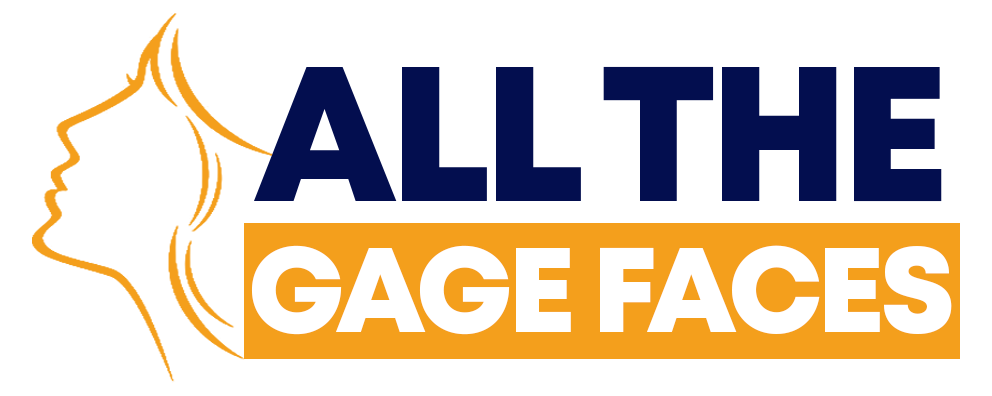In the dynamic landscape of global trade and commerce, product barcodes have emerged as an indispensable tool, streamlining supply chains and facilitating efficient transactions. Among the multitude of countries contributing to this global phenomenon, Israel stands out with its unique approach to product barcoding. In this article, we delve into the Israeli product barcode, exploring its origins, significance, and the innovative strides it has taken in enhancing connectivity on a global scale.
The Genesis of Israeli Product Barcodes:
The history of barcoding in Israel can be traced back to the 1970s when the country began adopting the Universal Product Code (UPC), the standard barcode used worldwide. However, Israel soon realized the need for a more versatile and efficient system tailored to its specific economic and cultural landscape.
In 1991, Israel introduced the Israeli Product Barcode, also known as the ITF-14 barcode. This barcode system was developed to address the unique challenges faced by Israeli businesses, offering a distinct identifier for products while aligning with international standards. The ITF-14 barcode, with its 14-digit representation, became a symbol of Israeli innovation in the realm of product identification.
The Significance of the ITF-14 Barcode:
The ITF-14 barcode plays a crucial role in the Israeli supply chain, offering a standardized method for encoding product information. This barcode is primarily used for carton and pallet labeling, enabling efficient tracking and management of goods throughout the entire logistics process. Its adoption has significantly improved inventory management, reduced errors in shipping, and enhanced the overall efficiency of supply chain operations.
One of the key advantages of the ITF-14 barcode is its compatibility with the GS1 standards, the global language of business communication. This interoperability ensures seamless communication between Israeli businesses and their international counterparts, fostering a connected and collaborative global marketplace.
Innovation and Adaptability:
Israeli innovation is synonymous with adaptability and a forward-thinking approach. The ITF-14 barcode exemplifies this spirit by evolving with technological advancements. With the integration of RFID (Radio-Frequency Identification) technology, the Israeli Product Barcode has taken a leap into the future. RFID-enabled ITF-14 barcodes allow for real-time tracking and provide a wealth of data that goes beyond traditional barcode systems.
The incorporation of RFID technology not only enhances traceability but also opens doors to advanced analytics and insights. Israeli businesses are leveraging this capability to gain a competitive edge in an increasingly data-driven marketplace, where visibility and transparency are paramount.
Global Connectivity:
Israel’s commitment to global connectivity is evident in the widespread adoption of the ITF-14 barcode by its businesses. The barcode’s compatibility with international standards ensures that Israeli products can seamlessly integrate into the global supply chain. This interconnectedness is crucial for a nation that heavily relies on exports, fostering economic growth and strengthening ties with trading partners worldwide.
Moreover, the ITF-14 barcode facilitates cross-border trade by minimizing the complexities associated with varying labeling standards. Israeli products equipped with the ITF-14 barcode can navigate international markets with ease, adhering to the same language of product identification recognized globally.
Environmental Sustainability:
In recent years, there has been a growing emphasis on environmental sustainability in global business practices. Recognizing this trend, Israel has taken steps to align its product barcoding system with eco-friendly initiatives. The ITF-14 barcode, with its focus on optimizing supply chain efficiency, contributes to reducing waste and minimizing the environmental impact of logistics operations.
By streamlining processes and minimizing errors in inventory management, the ITF-14 barcode indirectly supports sustainable practices, aligning with Israel’s commitment to environmental stewardship.
Challenges and Future Outlook:
While the Israeli Product Barcode has seen widespread adoption and integration of innovative technologies, challenges persist. Cybersecurity concerns, especially with the integration of RFID technology, demand continuous attention and investment. Ensuring the integrity and security of the information encoded in barcodes is paramount to maintaining trust in the global supply chain.
Looking ahead, Israel is poised to further enhance its product barcoding system by exploring emerging technologies such as blockchain. The decentralized and secure nature of blockchain holds promise in addressing concerns related to data security and transparency in the supply chain.
Conclusion:
The Israeli Product Barcode, born out of a need for adaptability and efficiency, has become a symbol of innovation in product identification. Its evolution from the standard UPC to the ITF-14 barcode, and further integration with RFID technology, underscores Israel’s commitment to staying at the forefront of global connectivity.
As Israeli businesses continue to leverage the advantages of the ITF-14 barcode, they not only enhance their competitiveness in the international market but also contribute to the overall efficiency and sustainability of the global supply chain. The journey of the Israeli Product Barcode reflects the nation’s ability to embrace change, adapt to evolving technologies, and make significant strides in shaping the future of global commerce.

